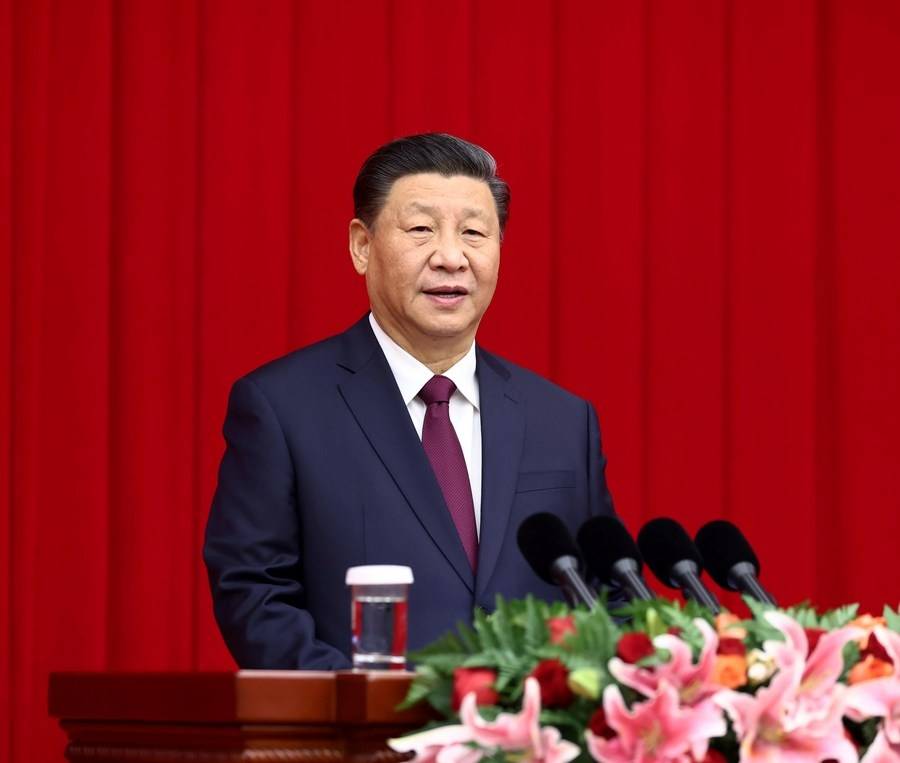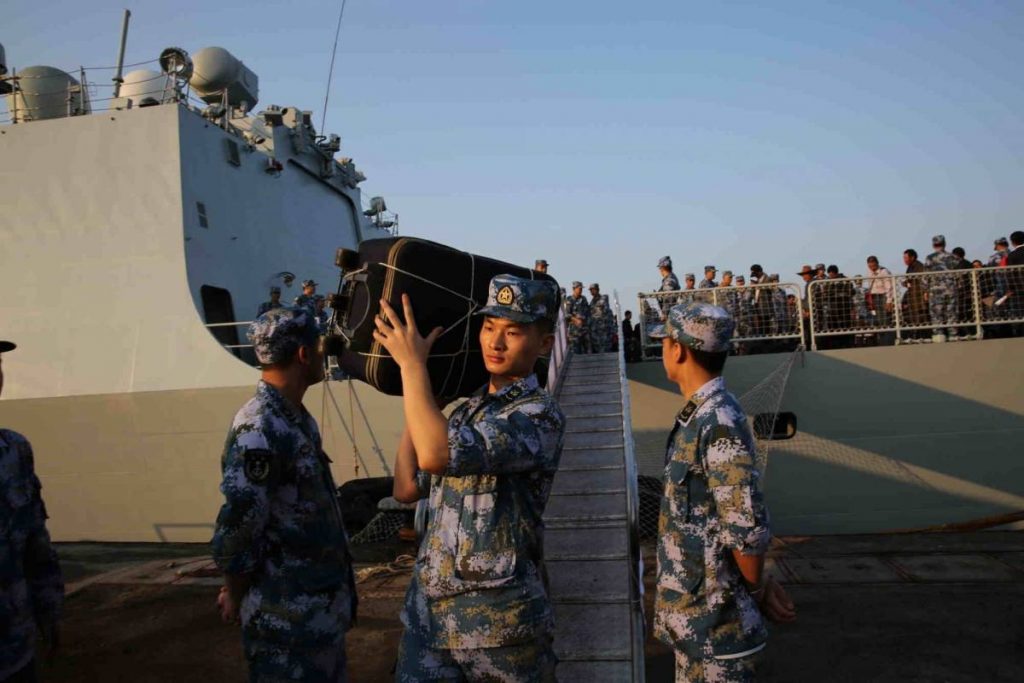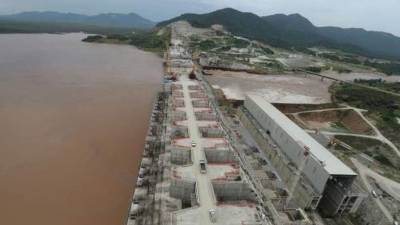It is also no secret that concerns among several African countries over China’s dominance dictated by its financial muscles are also rising, reports Mahua Venkatesh
The slowing Chinese investments amid rising fear of a debt trap is opening an opportunity for India to re-engage with Africa.
But New Delhi needs to step up its game, both through direct interaction and by reviving its partnership in Africa with Japan, India’s deep-pocket ally.
“It is important to translate words into action. While India has been engaging with several African countries, progress on the ground is time consuming,” Rao Narender Yadav, founder, India-Africa Today, a platform fostering co-operation and camaraderie between the two, said.
India must make rapid geopolitical moves in the post Covid world to emerge as a credible alternative to China, Yadav said.
Analysts say that India has, in recent years has shown inconsistent signs of re-engaging with Africa–a resource rich continent, which, on account of its mineral wealth is bound to play a key role to power the electric car revolution and the Industry 4.0. economy. Specifically, India may have to re-visit its 2017 Asia-Africa Growth Corridor (AAGC) initiative with Japan and multiple African countries as stakeholders.

The AAGC is a vison document jointly written by the Research and Information System for Developing Countries (RIS), New Delhi, the Economic Research Institute for ASEAN and East Asia (ERIA), Jakarta, and Institute of Developing Economies (IDE-JETRO), Tokyo. With focus on developing “quality infrastructure” in Africa, the AAGC is widely seen as India and Japan’s riposte to China’s Belt and Road Initiative (BRI) which extends prominently into Africa. India and Japan have tied up their initiative to the idea of establishing a free and open Indo-Pacific Region.
A study by Observer Research Foundation (ORF) noted that India’s model of development cooperation in Africa lacks a clear strategy. “In the absence of a clear and well-articulated vision for Africa, India’s development cooperation is often compared to the Chinese model of development cooperation in the region, despite significant differences, which is based on state-led infrastructure for resources deals, rising debt threats, lack of domestic capacity building and job creation,” the report said.
ALSO READ: China builds villages, outposts inside Bhutan territory
It is also no secret that concerns among several African countries over China’s dominance dictated by its financial muscles are also rising.
The Institute for Security Studies pointed out that China makes financing relatively easily available, albeit with certain conditions and less ‘paperwork’ than conventional sources. China’s ‘tied aid’ for infrastructure usually benefits Chinese companies, while its loans are in many cases backed by natural resources. “Through this method China achieves the twin goals of economic penetration and strategic leverage,” it said.
An analyst India Narrative spoke to said that common people in Africa have a natural liking towards Indians due to the common colonial past. He also pointed out that they do not have much faith and trust in the Chinese though China has made huge investments in the continent.

The German news organisation Deutsche Welle (DW) in a report in 2019, too highlighted how India and Africa forged ties because of their colonial history but the thread was lost in the last decades and that their relationship languished.
According to DW about 3 million people of Indian origin live on the continent while more than 1 million of these call South Africa home.
While India has become Africa’s third largest trading partner, the potential is enormous, experts said.
In 2017-18 India accounted for 6.4 per cent of Africa’s total trade touching $ 62.6 billion. However, in the same year, trade between China and Africa stood at around $185 billion. Similarly, China’s investment in Africa as of 2020 amounted to $147.66 billion.
Africa can become a major source of raw materials including minerals and rare earth. “However, with the Chinese influence most of the mining companies are now owned by them,” India Africa Today’s Yadav pointed out.
The bottom line, experts said, is that India must press the pedal on strengthening relations with Africa at the earliest.
“The African Continental Free Trade Area (AfCFTA), which commenced January 1 this year, could play a key role in expanding Indian trade and investment footprint in the region and promote domestic industrial enterprise in export-oriented manufacturing,” India Briefing, a firm assisting foreign investors throughout Asia, said in a note.
Meanwhile, experts also said that India needs to focus on ensuring security to Africans living in India.
The ORF report highlighted that incidents of race attacks on African nationals have severely dented India’s image. If untreated, this could be a potential source of tension between India and Africa and damage the goodwill India currently enjoys in the continent, it added.
(This content is being carried under an arrangement with indianarrative.com)

